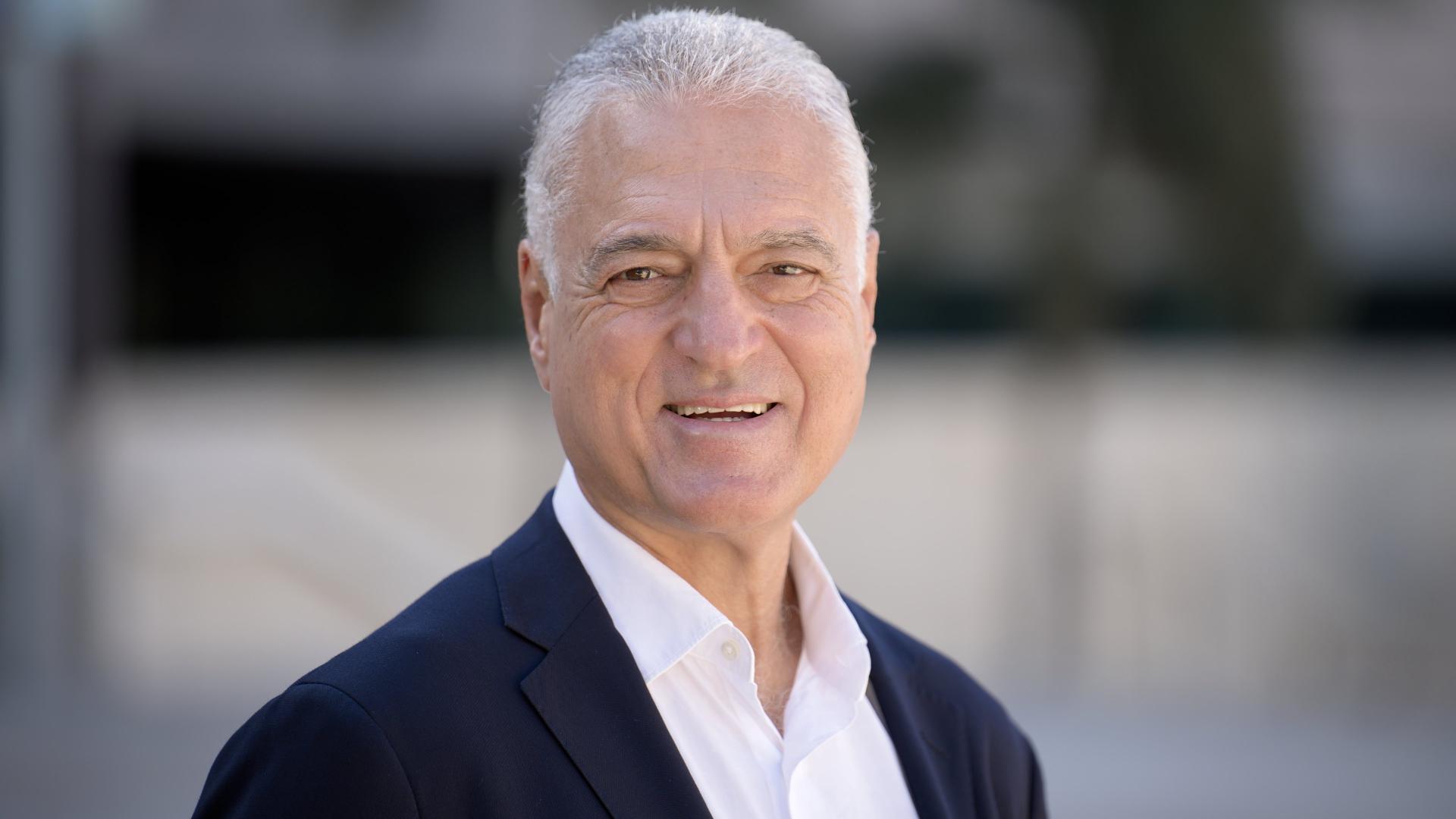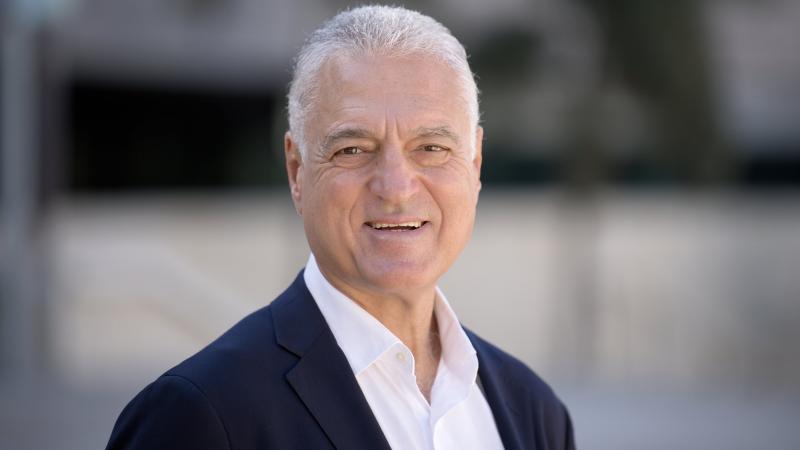By David Murphy
Professor Paulo Esteves-Veríssimo joins KAUST from the University of Luxembourg (UNILU), where he served as FNR PEARL Chair of UNILU’s Faculty of Science, Technology and Medicine and Interdisciplinary Centre for Security, Reliability and Trust. He joins KAUST as the director of the recently established KAUST Resilient Computing and Cybersecurity Center (RC3).
Esteves-Veríssimo and his RC3 team intend to develop a research strategy around the areas of resilient computing, cybersecurity, and dependability. Chiefly, the RC3 researchers will investigate how architectures and algorithms for resilient computing can complement, or improve classic cybersecurity techniques. For example, in research areas, such as autonomous vehicles; distributed control systems; digital health and genomics; software-defined networking-based infrastructures; and blockchain and cryptocurrencies.
Regarding his decision to join KAUST, Esteves-Veríssimo recognizes the opportunity to make a significant and durable change at the University, especially in resilient computing and cybersecurity.
“In its short existence, KAUST has already achieved so much in terms of its impact. Simultaneously, it retains a capacity to make even greater quantum leaps when it comes to its research output. It has achieved these goals amidst an exceptionally competitive landscape of world-class research universities.
“At KAUST, I expect to achieve one of those quantum leaps, by turning the University, in time, into one of the international centers of research in resilient computing and cybersecurity. Naturally, we cannot achieve this feat independently; I seek complementarity and synergy with current R&D efforts at KAUST and interdisciplinary research with other centers. Likewise, I intend for the RC3 to establish a robust international presence by teaming up with global labs and centers pursuing a similar set of objectives,” he emphasized.
Creating a center at the forefront of cyberspace technology
The RC3 team seeks to tackle four scientific focal points that they consider high priority in resilient computing. Namely, the resilience of infrastructure and control in cyber-physical/Internet of Things systems; internet and cloud infrastructures resilience; security and dependability of embedded components and subsystems (HW/SW); data privacy and integrity in susceptible sectors (e.g., FinTech; biomedical; social).
“Teams, organizations, companies, nation-states mastering this paradigm will be at the forefront of cyberspace technology. As such, it will be at the core of my vision and the inspiration for the research I propose to foster in RC3 at KAUST.
“Besides the initial scholarly results, the creation of a generation of highly trained technicians and scientists is a major goal in the mid-long-term. In time, I want to produce industrial impact and raise the Kingdom’s competitiveness in the information and communication technology (ICT) sector.”
The Institute of Electrical and Electronics Engineers and Association for Computing Machinery Fellow expects the RC3 will become a prominent research center. A center capable of addressing today’s interconnected cyberspace’s global problems, namely the insufficient robustness of critical information infrastructures (CII).
“Put colloquially, but not unrealistically, ‘one can today set fire to a power plant or derail a satellite from orbit, from a smartphone.’ In response to the challenges described above, protection paradigms based on classic security or classic dependability, albeit necessary, are insufficient if working in isolation. It is essential to investigate advanced concepts and mechanisms promoting the enhancement of their digital resilience.
“These extremely innovative scientific and technical approaches are key differentiating factors of the center, leading to a body of knowledge encompassing and combining security, privacy, dependability, safety, sustainability—in a nutshell, resilience—of computer systems and networks.”
The quest for both ground-breaking scientific discovery
Although he has been published in over 200 peer-refereed international publications and presented over 70 keynote speeches and distinguished lectures at reputed venues, the prominent Portuguese researcher readily admits to not having a particular “eureka moment” which led to his current profession. In hindsight, he acknowledges that science disseminators such as Sir David Attenborough have been partly responsible for his decision to become a scientist.
“I had the honor of meeting Sir Attenborough in person much later on in my career. I realized that science disseminators like him have been partly responsible for me becoming a scientist. They have inspired me through their sheer infectious fascination with discovering the ‘what’ and ‘why’ of things.
“I cherish the quest for both ground-breaking scientific discovery and high societal and practical impact. This is rarely achieved by the same researchers, or in the time horizon of a single career. I am lucky enough to practice a science (computer science) whose short technological readiness cycles and low investment intensity allow such combinations to happen more frequently. It is a blessing for me because my engineering background has always been showing under my scientist’s shirt,” Esteves-Veríssimo concluded.

